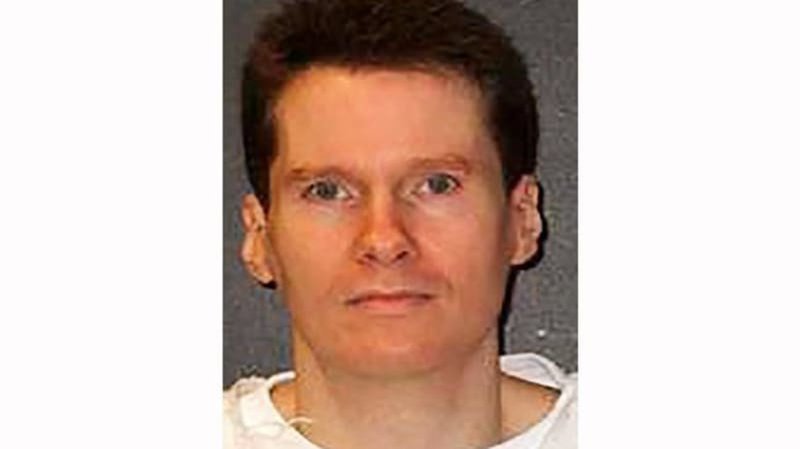
Texas resumes executions after 5-month delay due to pandemic
HUNTSVILLE, Texas — A Texas inmate received lethal injection Wednesday evening for fatally shooting an 82-year-old man nearly three decades ago, ending a five-month delay of executions in the nation’s busiest death penalty state because of the coronavirus pandemic.
Billy Joe Wardlow was put to death at the state penitentiary in Huntsville for the June 1993 killing of Carl Cole at his home in Cason, about 130 miles (209 kilometres) east of Dallas in the East Texas piney woods, near the Louisiana and Arkansas borders.
The U.S. Supreme Court declined to stop the 45-year-old man’s execution.
Wardlow was the first inmate in Texas to receive a lethal injection since Feb. 6 and the second in the U.S. since the nation began reopening following pandemic-related shutdowns.
